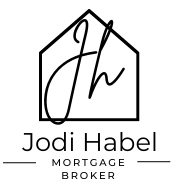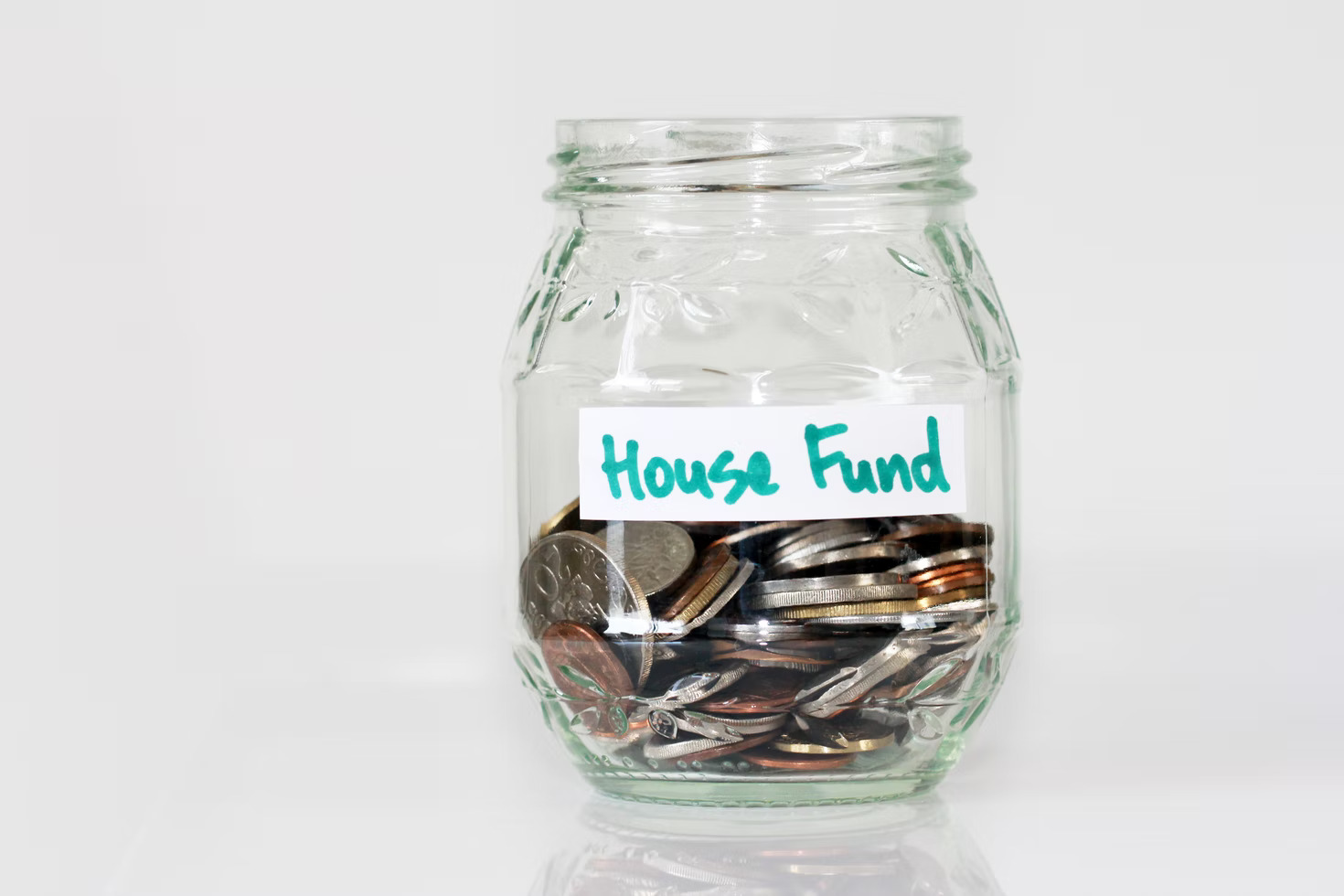Committing to a mortgage for a property is a serious and long-term commitment, whether it’s your first home, a vacation home, or commercial property. You can be tied to the mortgage payments for upwards of 25 years! That’s certainly a huge chunk of your life and many things can change during those decades. You may want to remodel (let’s face it, no homestays in mint condition forever), need extra financing to send a kid off to college, or even need to cover healthcare expenses or purchase an investment property. Something like a home equity mortgage or a reverse mortgage can significantly lend you a helping hand in these cases if you already are a homeowner. The difference between them is subtle and a lot of homeowners have difficulty navigating through the different types. Let’s look at the pros and cons of a home equity loan vs reverse mortgage and, of course, what each one can offer you.
Reverse Mortgage Loan Pros And Cons
First, we need to understand the difference between a HELOC and reverse mortgages for you to be able to weigh in which is the best option for you. A reverse mortgage is a type of loan that you can be eligible for where your home is appraised and you can receive anywhere around 55% of the home value in cash to spend as you wish. It’s called a reverse mortgage because, essentially the lender pays you and you don’t need to worry about recurring repayments. There are typically three available types of reverse mortgages that you can opt for: lump sum, line of credit (don’t confuse with HELOC), or fixed monthly payments. Reverse mortgages are based on the age and the value of your home. These types of mortgages are for clients who are 55 years of age or older.
Pros of reverse mortgages
- You can allocate the cash to any purchase without worrying about it being taxed. Use it towards healthcare, remodeling, buy another property, or simply use the cash for daily expenditures.
- When a reverse mortgage is taken out, you are not obliged to pay it off in monthly installments or anyway until you physically move out of the house or pass away. Either you decide to sell the house and repay the debt or the mortgage would be paid out of the estate after your passing.
Cons of reverse mortgages
- A reverse mortgage isn’t like a second mortgage. You will be required to pay off your outstanding debt from your current mortgage and use the remaining amount. You cannot have a regular mortgage and a reverse mortgage at the same time.
- In Canada, you need to be 55 years old or older to be eligible for a reverse mortgage. The age requirement varies from place to place. Some countries may require you to be 60+ years old. Refer to your local lender or institution providing you the mortgage services and ask for the specific requirements.
Pros And Cons Of HELOC
Now, to make your decision between a home equity loan vs reverse mortgage, let’s understand what a Home Equity Line of Credit loan entails. A home equity loan is another type of loan that taps into your existing home equity to provide you with financing, however, it differs from a reverse mortgage. With a HELOC, you can look at it as a form of credit line, similar to the process of having a credit card, where you can borrow sums of money and then repay it within a specified draw period and the funds become available to draw on again.
Pros of HELOC
- You get a long repayment period along the lines of 25 plus years which is a significant period of time to pay off your debt. Most lenders will only collect interest from you during that period but you can set up regular, monthly payments to keep your finances on track.
- To qualify for a HELOC, you’ll typically need only around 20% equity in your home to qualify, which is far less than the 50-100% required for a reverse mortgage. The specific criteria depend on your lender, though.
Cons of HELOC
- In most cases, a high credit score is an important qualification for a HELOC since you need to be a trusted borrower and have a history with timely payments. Aim for anything higher than 620 to give you higher chances at securing a HELOC. For this reason, it’s not an ideal option for everyone.
- On top of a high credit score, you’ll also need to provide proof of income and a low debt-to-income ratio to affirm you will be able to handle repayment for a significant sum added to your existing debts.
Now that we have a comprehensive look at both, I hope this will make your decision between a reverse mortgage vs home equity line of credit more clear for you. Keep in mind that everyone’s financial needs and circumstances are different and one method may be ideal for one individual more than another. It’s best to consider a consultation with the mortgage broker you have in mind to be your lender to settle on the best loan for you at this stage of your life.
If you still have any questions about HELOC and reverse mortgages, don’t hesitate to reach out to me — Jodi Habel, mortgage broker. Always by your side.

